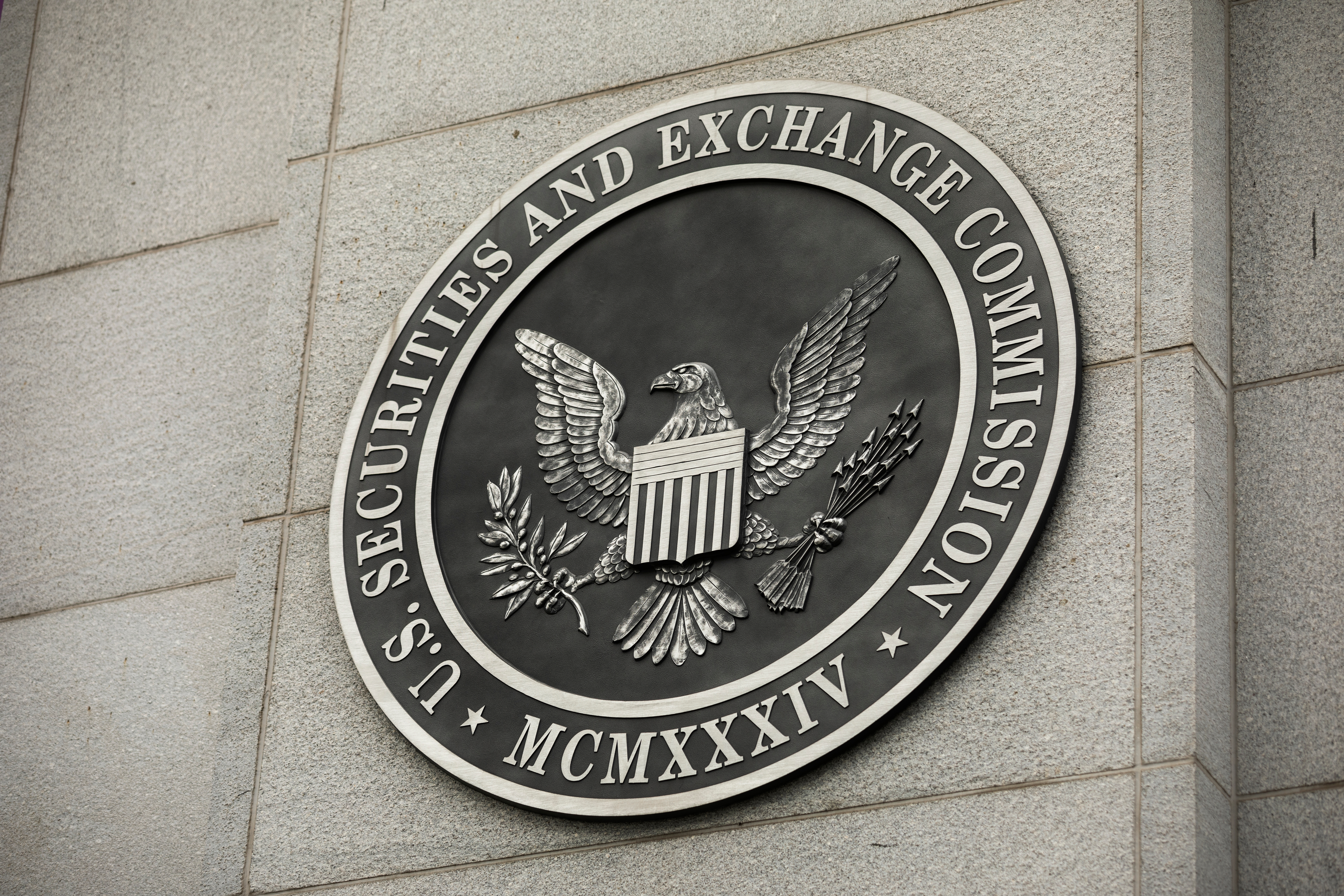The Securities and Exchange Commission (SEC) took a big step in the world of cryptocurrencies last week by allowing the first bitcoin ETF in the US, the ProShares Bitcoin Strategy ETF (BITO), to start trading, however, the futures-based approach is short-changing investors.
BITO made a dramatic entrance to the US market last Tuesday. The ETF reached $1.1bn assets under management (AUM) in just two days, breaking an 18-year-old record for the fastest ETF to hit the $1bn barrier.
The decision and subsequent demand drove the cryptocurrency to all-time highs of over $67,000 before settling back down to $61,000 by the end of the week.
SEC chairman Gary Gensler has been vocal about his support for bitcoin futures ETFs over the past few months. In August, he said he was looking forward to reviewing bitcoin ETF filings, “particularly if those are limited to CME-traded bitcoin futures”.
This makes sense from a regulatory standpoint as bitcoin futures on CME Group are regulated by the Commodity Futures Trading Commission meaning they are in the scope of the SEC while the underlying crypto market remains unregulated and can be used for illegal activities such as money laundering.
However, the SEC’s decision to allow only futures-based bitcoin ETFs to launch – instead of a physically-backed strategy – leaves investors open to contango risk.
Instead of offering exposure to the spot price of bitcoin, BITO tracks front-month bitcoin futures meaning there are rolling costs involved when the strategy has to sell current contracts and buy next month’s which can be more expensive, especially when demand is high.
Highlighting this, bitcoin October contracts currently cost $62,440 while November and December contracts are $63,300 and $64,460, respectively. When the futures curve is in contango – i.e. when future months are more expensive – BITO is left exposed to a performance headwind due to the negative roll costs versus an investor that buys bitcoin directly.
According to Jodie Gunzberg, managing director of CoinDesk Indexes, investors in bitcoin futures have underperformed the spot price by 28% over the past year, prior to BITO’s launch.
“As the rising demand for bitcoin futures forces buying into the later-dated contracts, the cost from contango gets even worse,” she added.
What makes the US regulator’s decision even more baffling is the regulator has a live case study in the form of the thriving crypto ETP market in Europe.
The majority of crypto ETPs this side of the pond are backed by the underlying assets and track the spot price instead of the futures market and therefore entirely remove rolling costs.
As one industry source who wished to remain anonymous told ETF Stream: “The SEC has seen it work in Europe so why do things differently?”
Analogies can be made to when ETF pioneer Graham Tuckwell launched the first gold ETF in 2003. That product was physically backed and the SEC should look to do the same with bitcoin ETFs if they want to avoid pushing investors towards unregulated exchanges.



